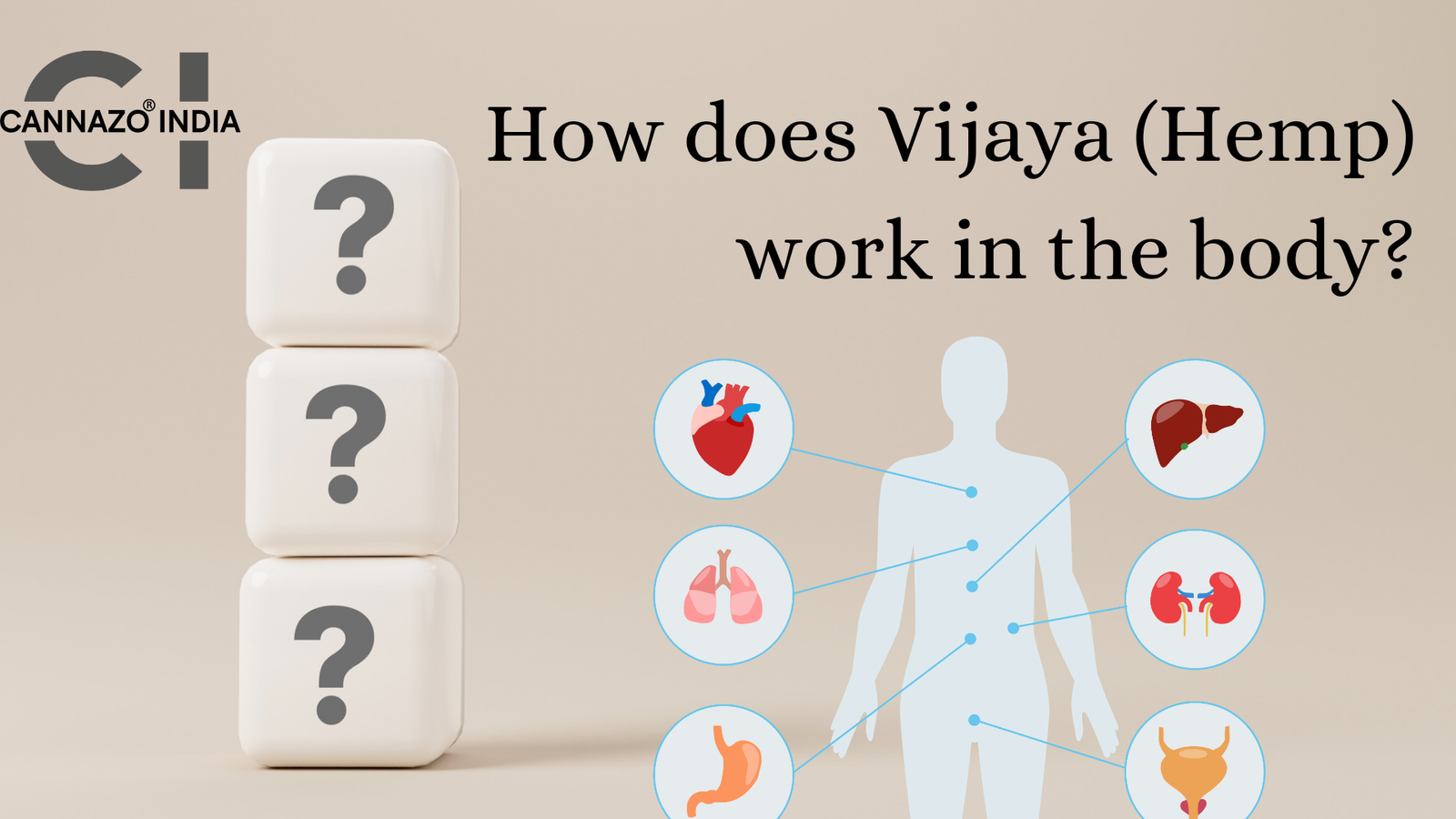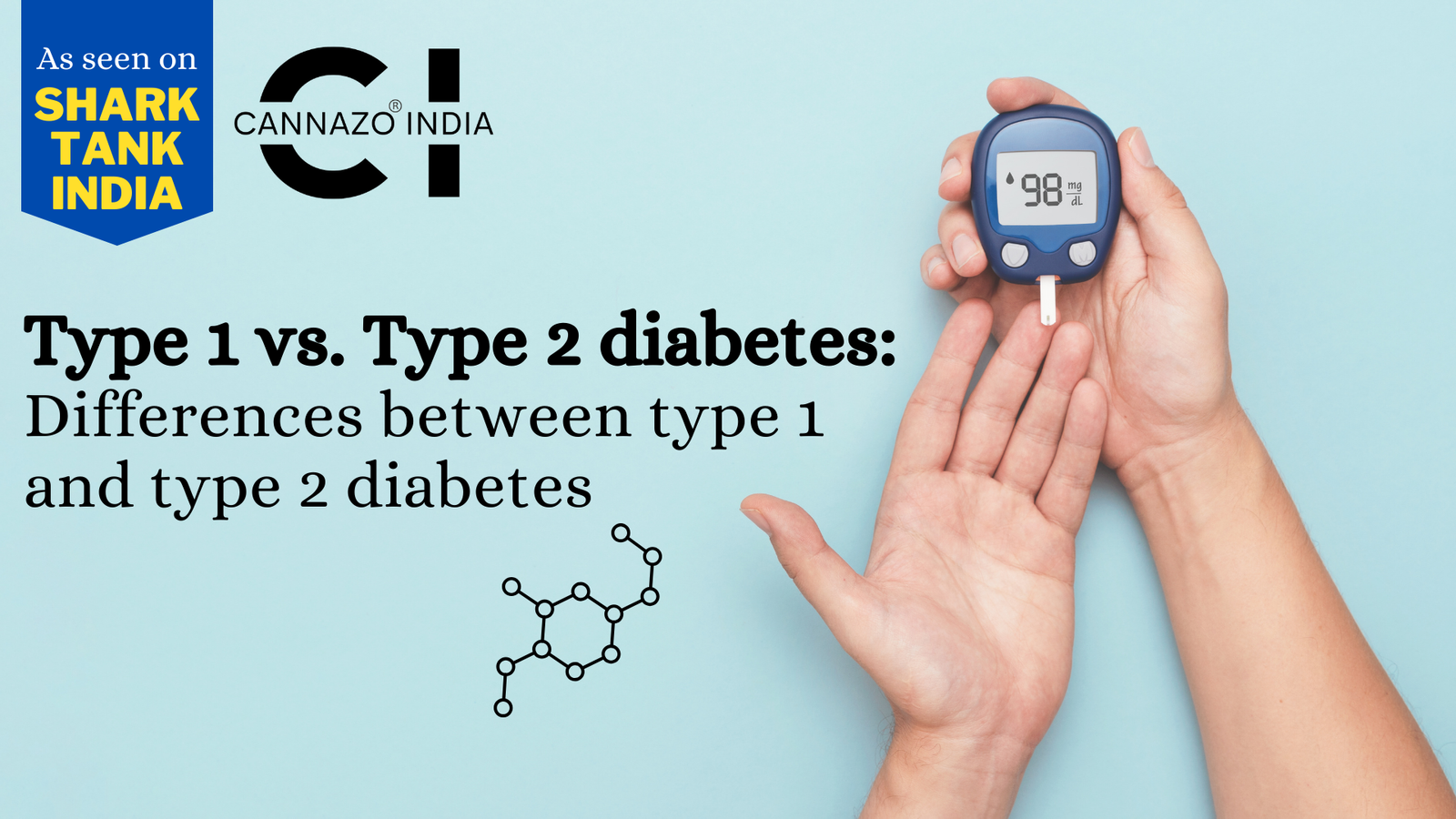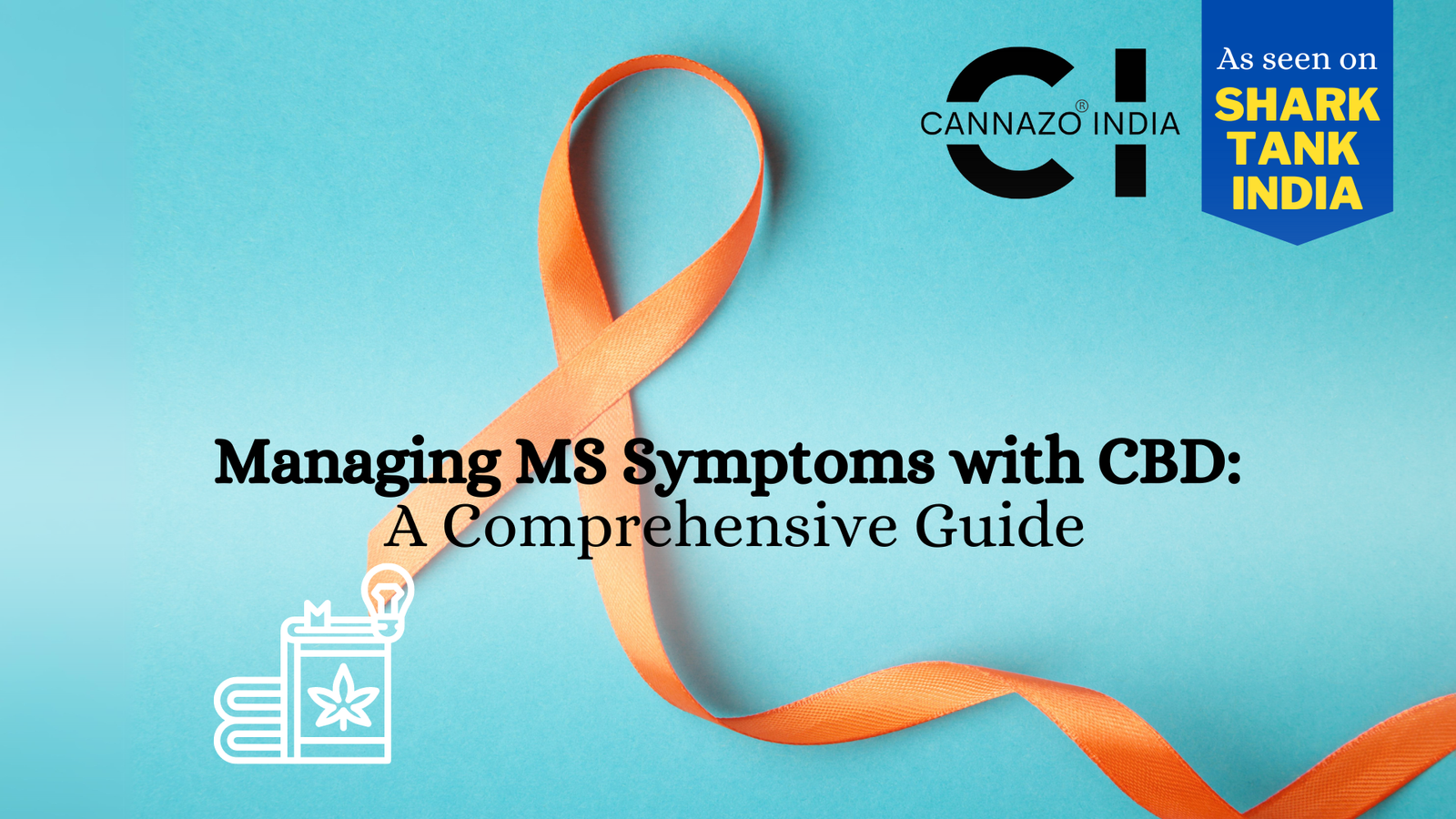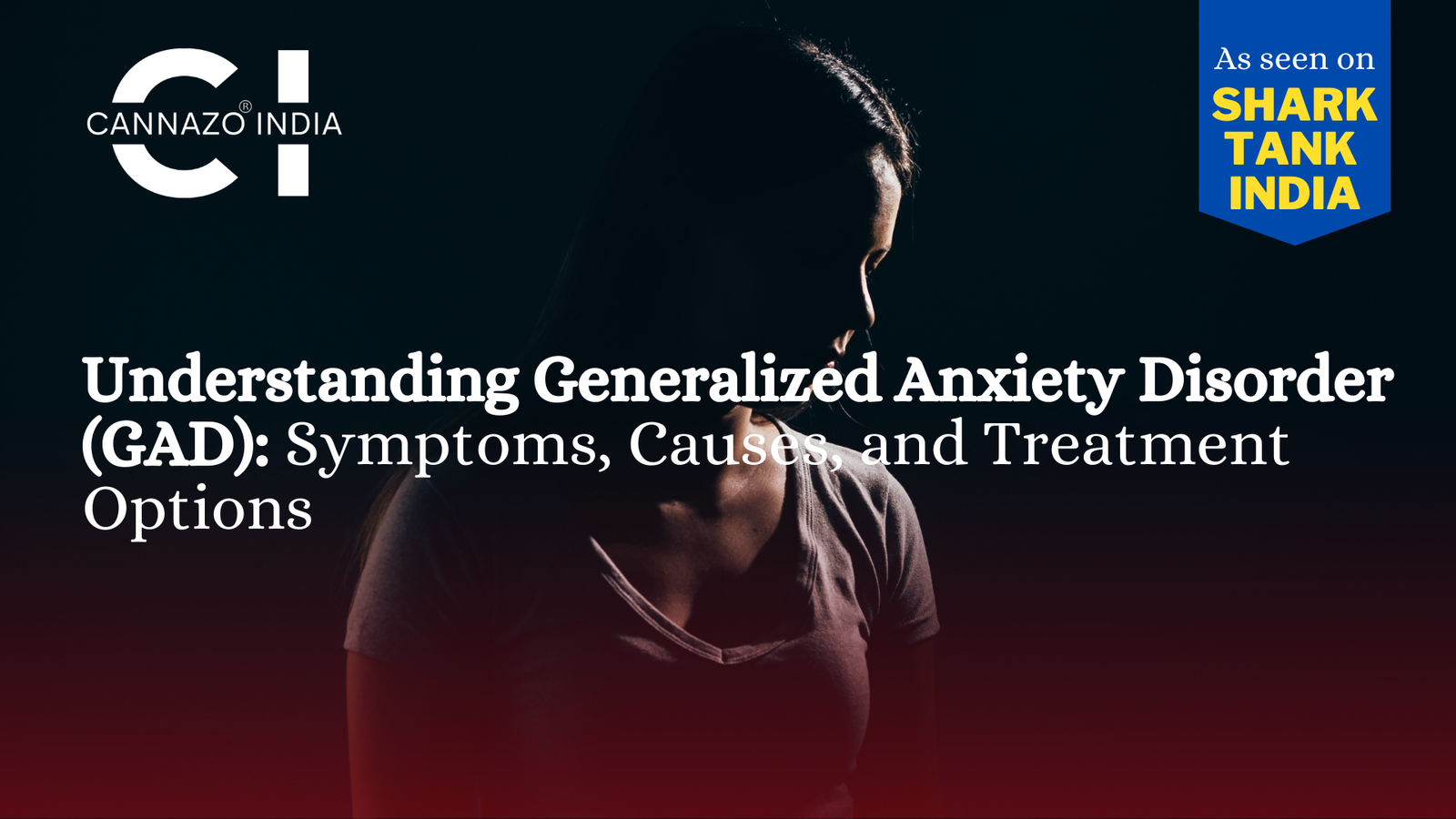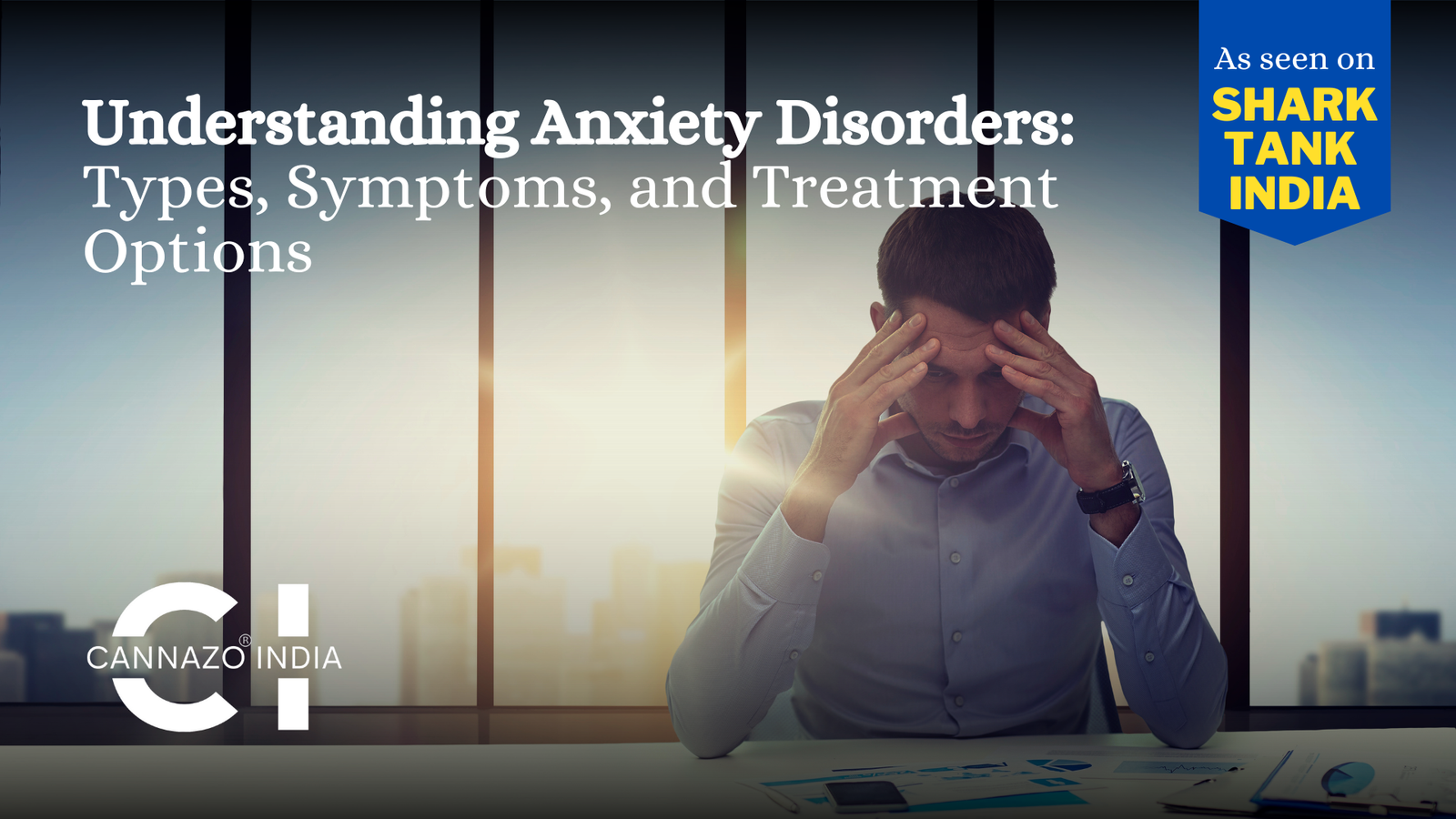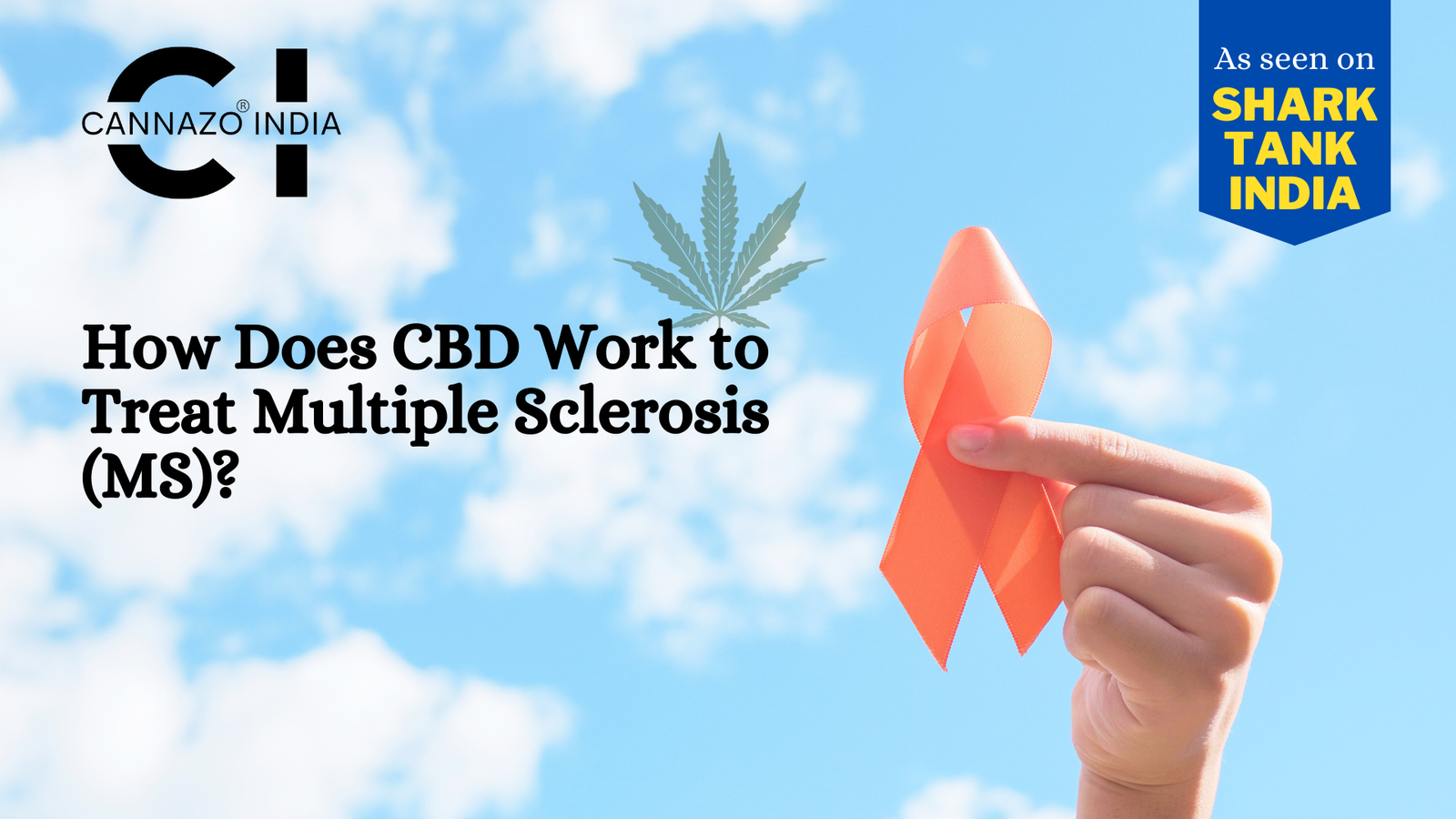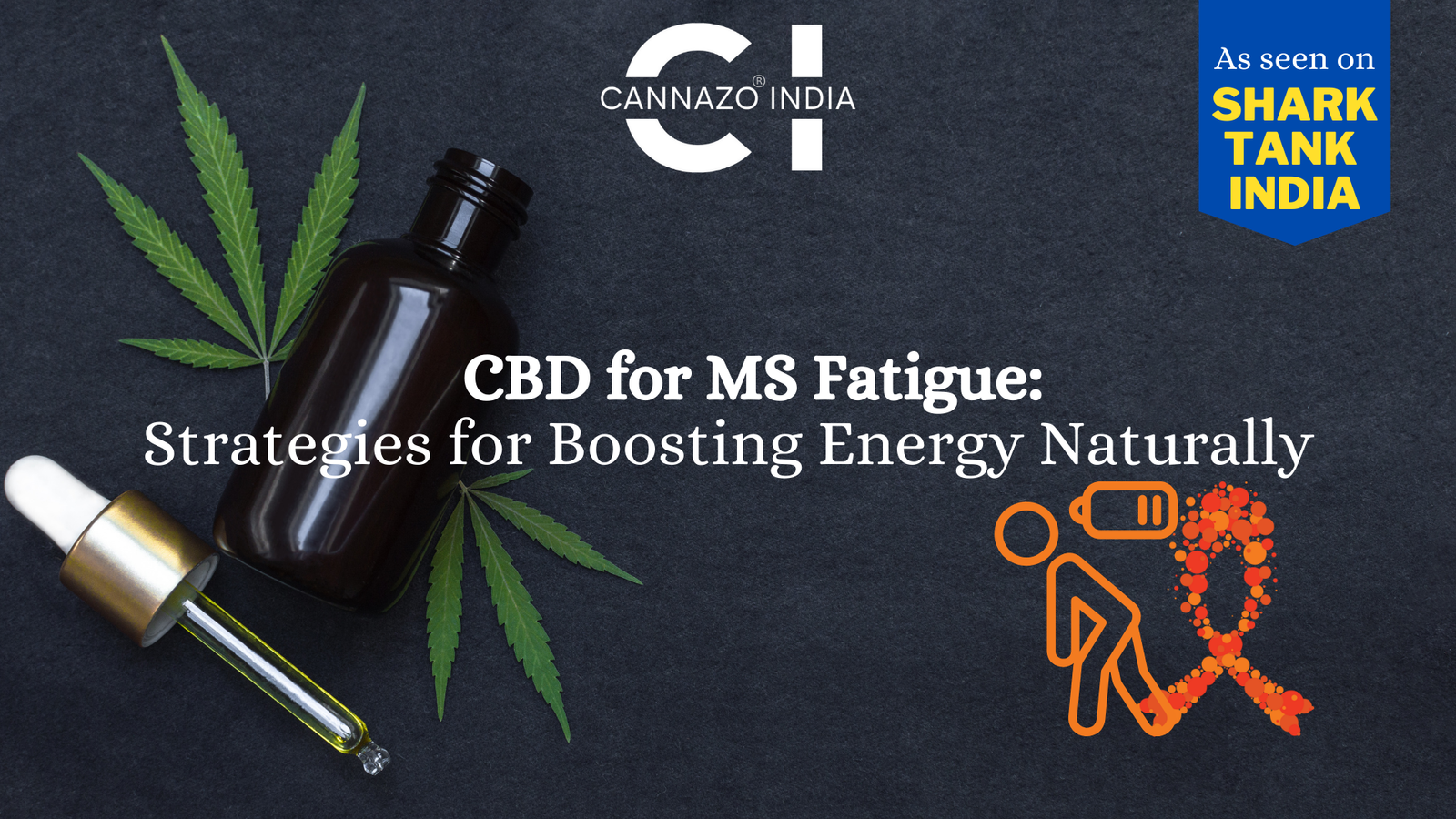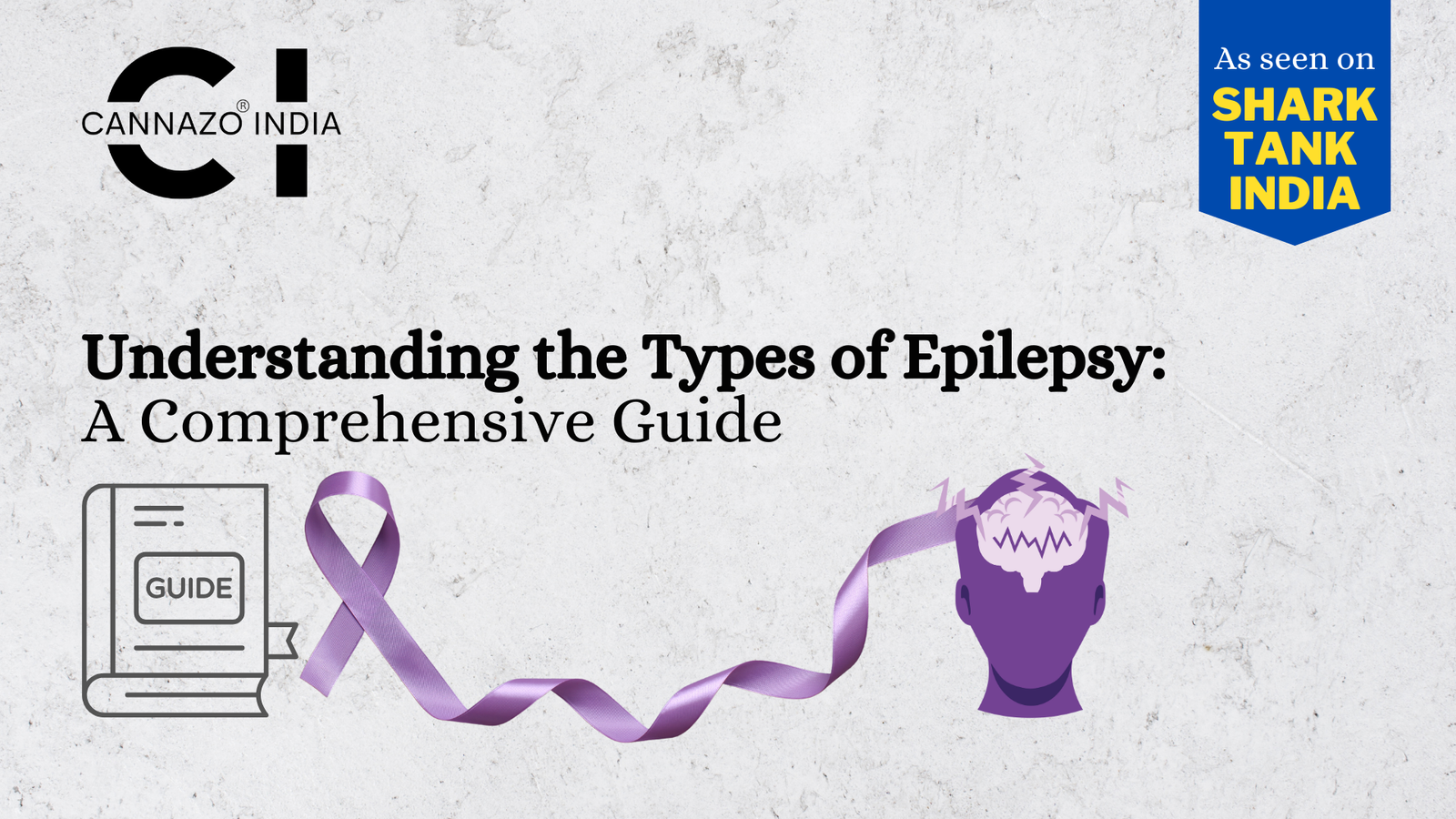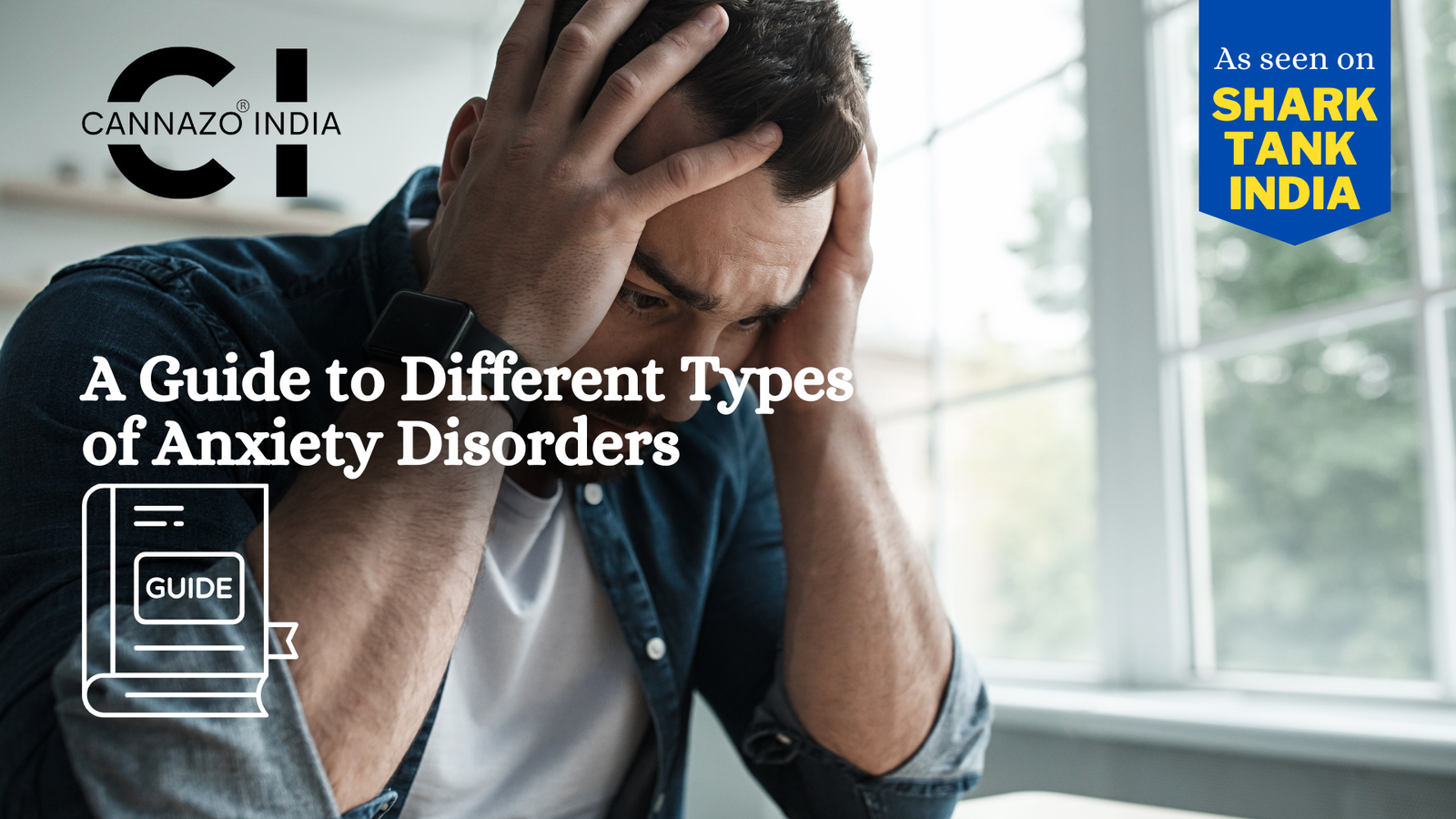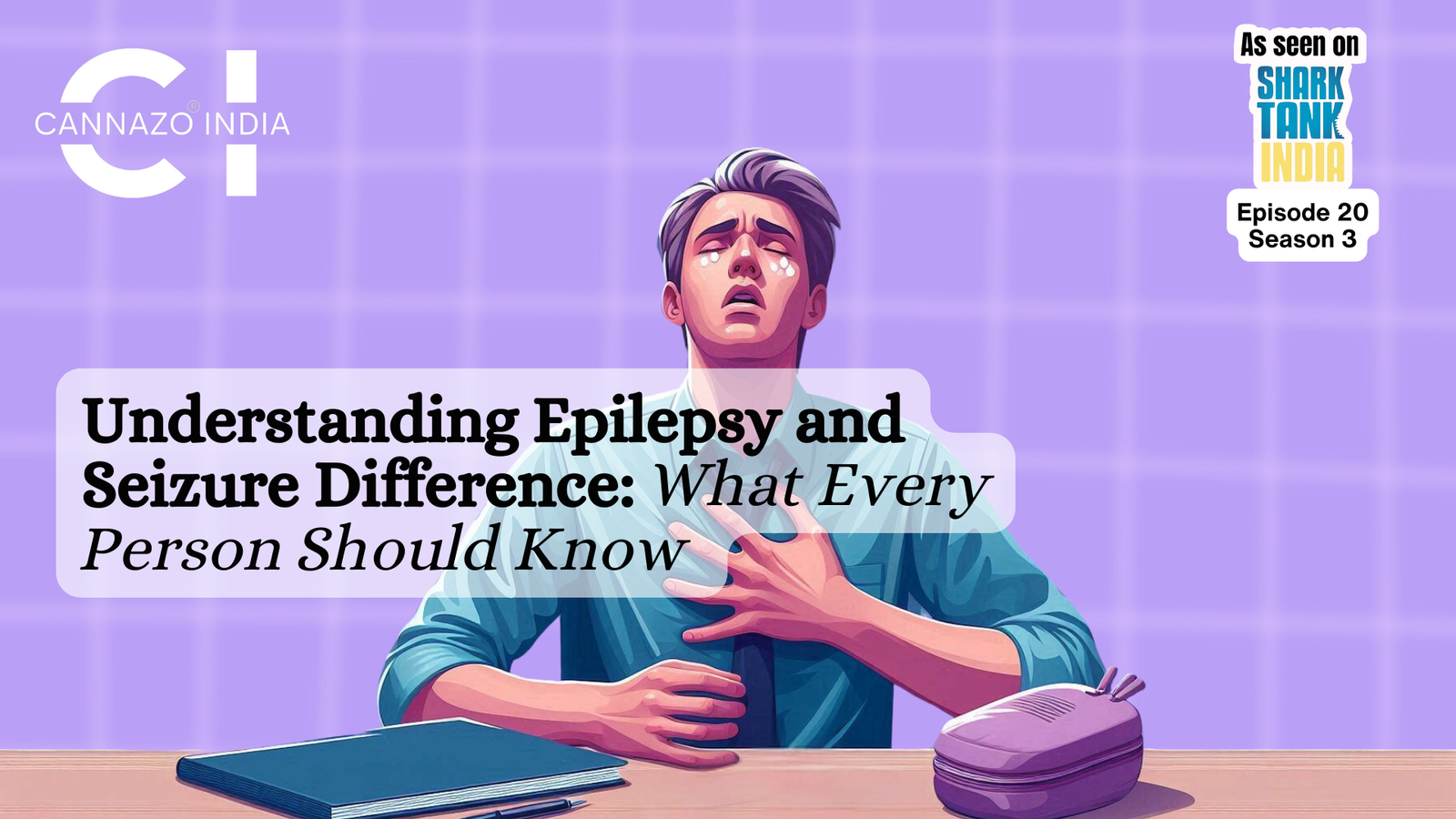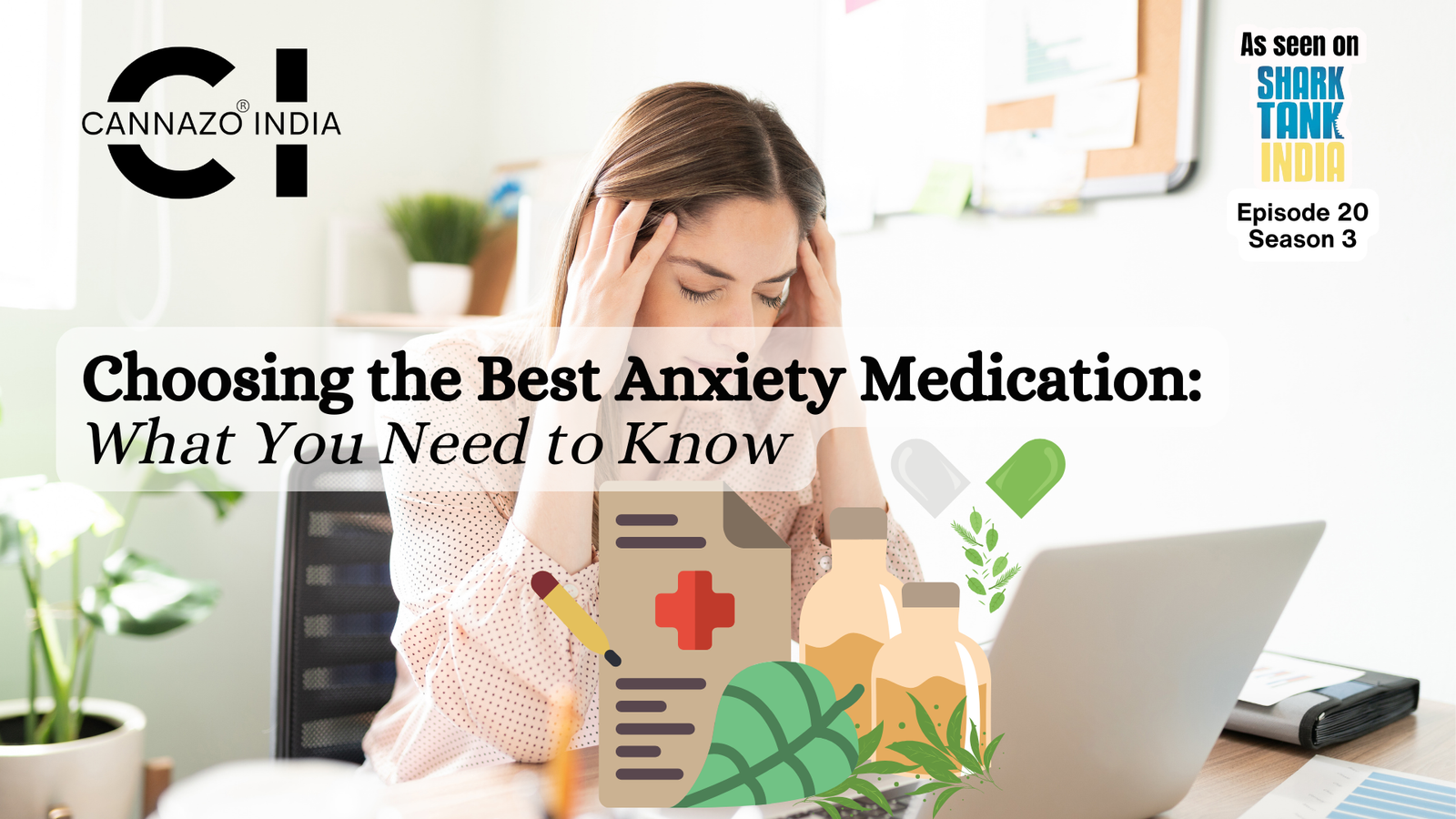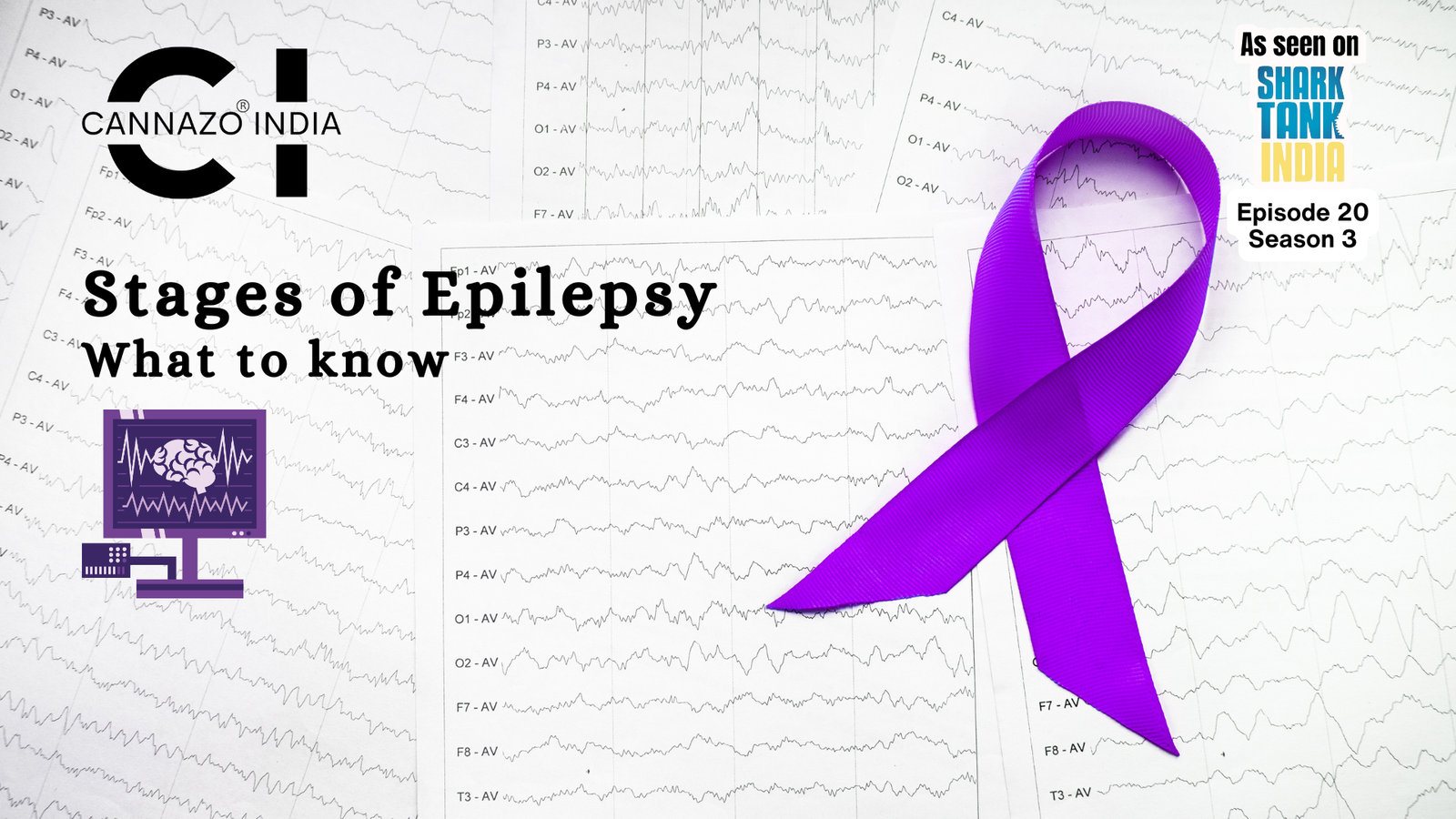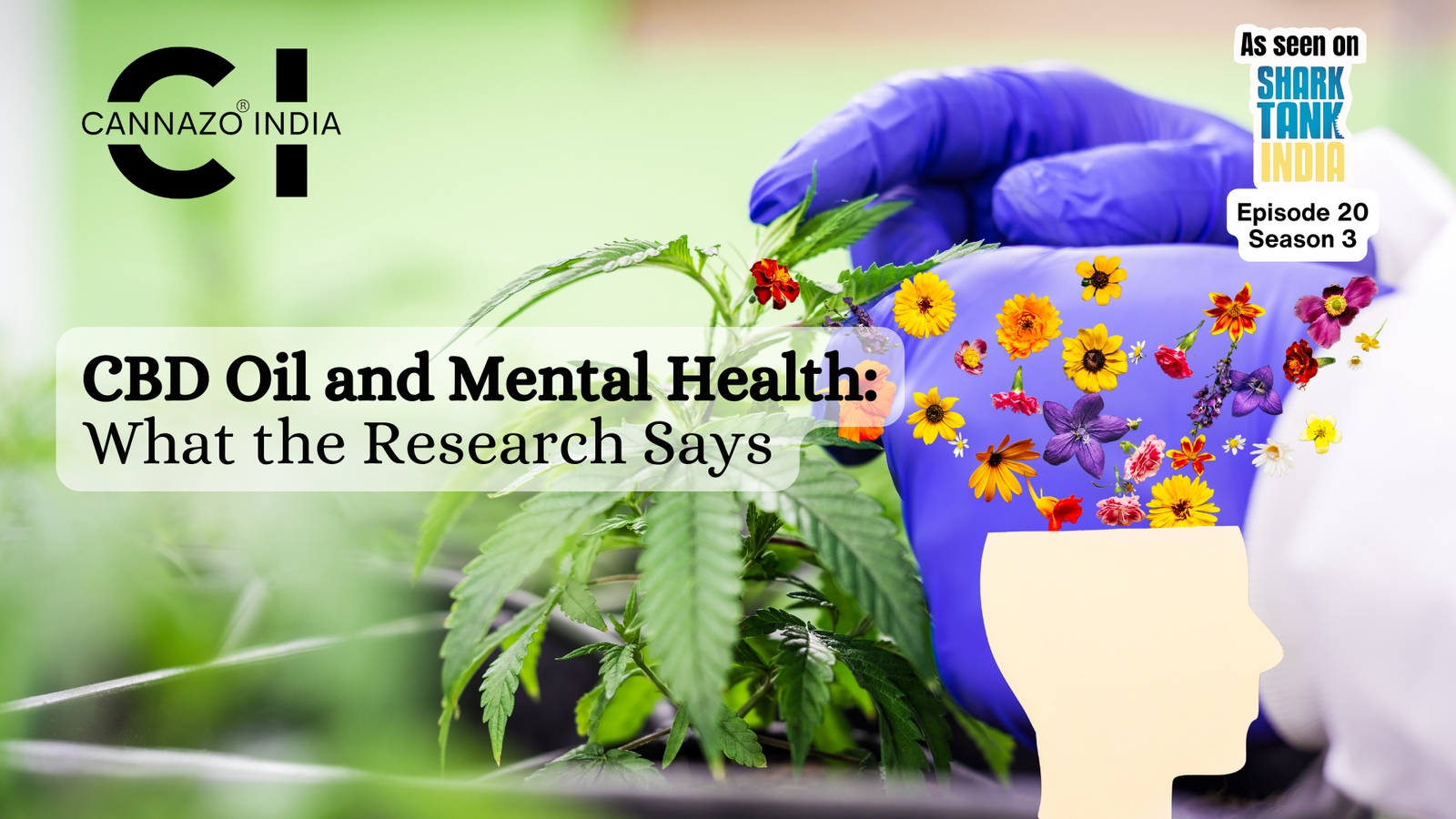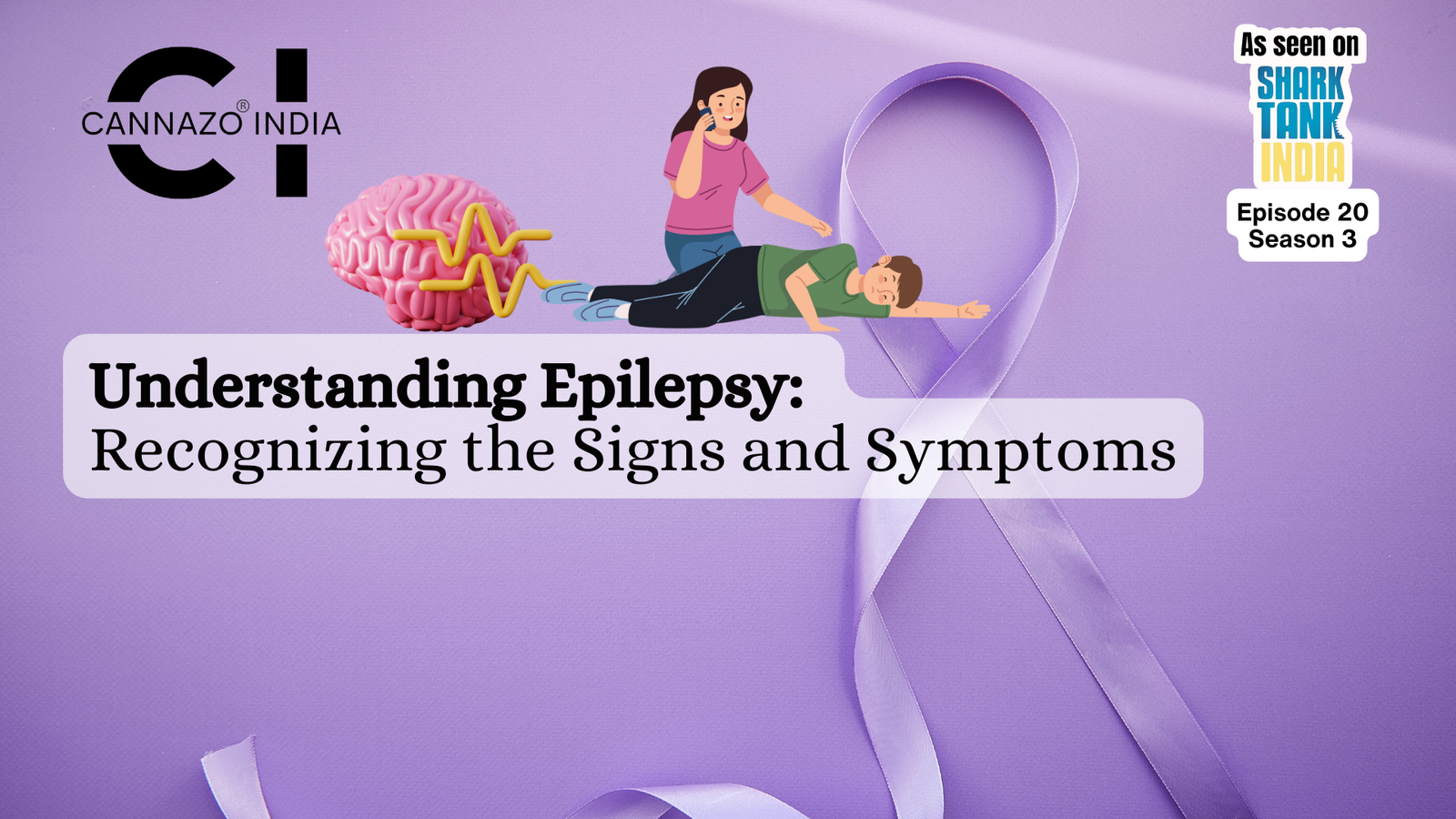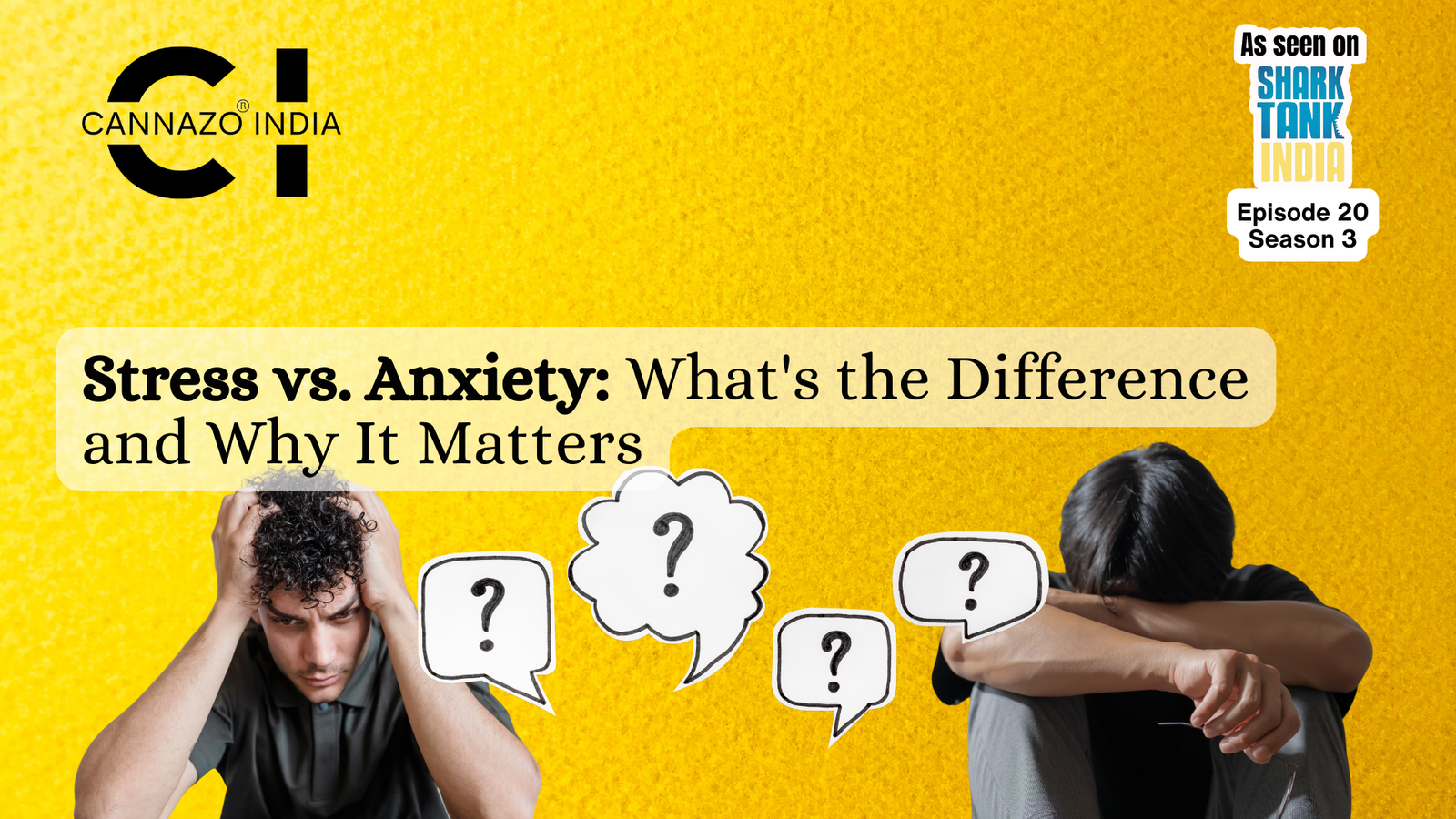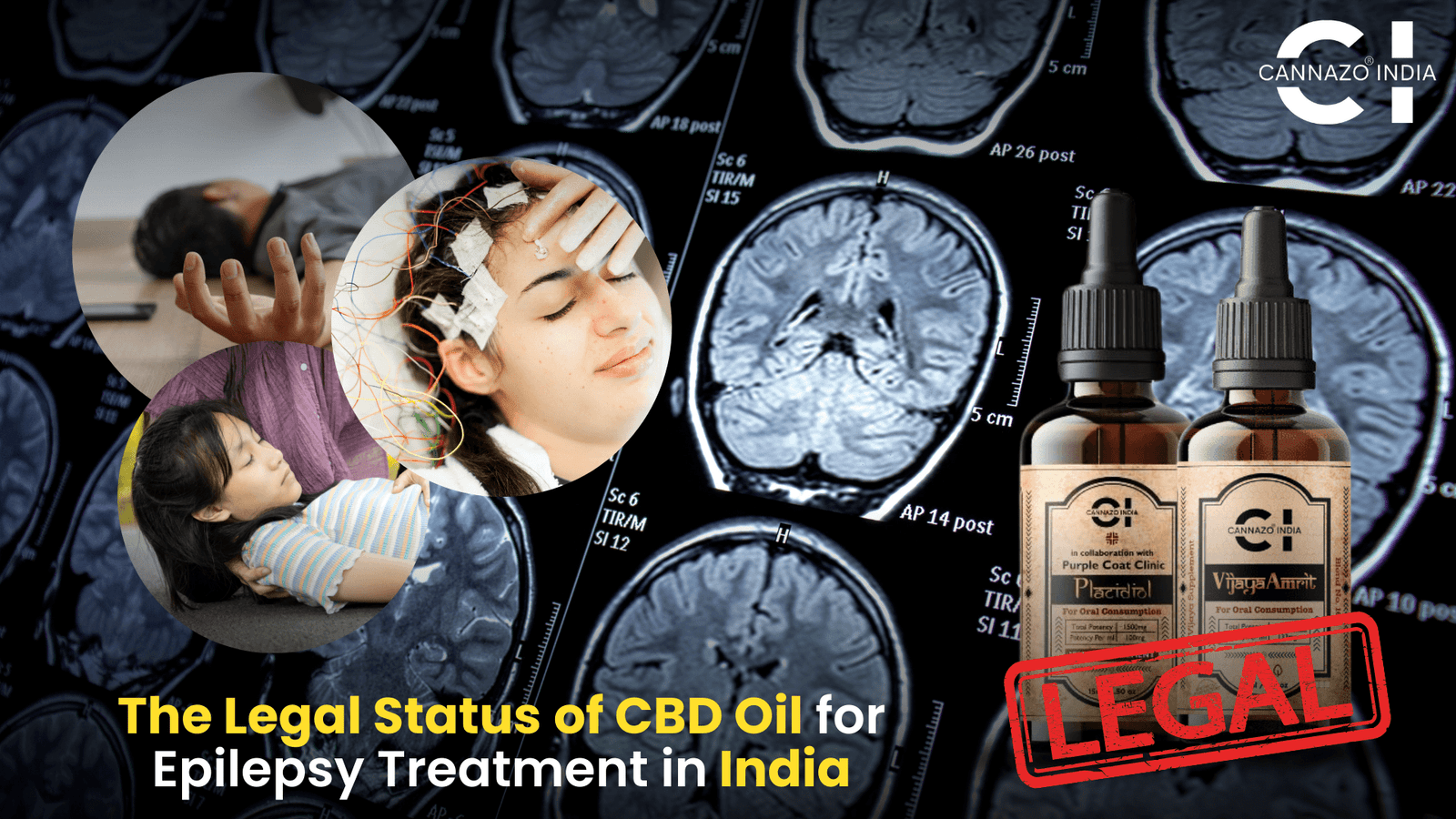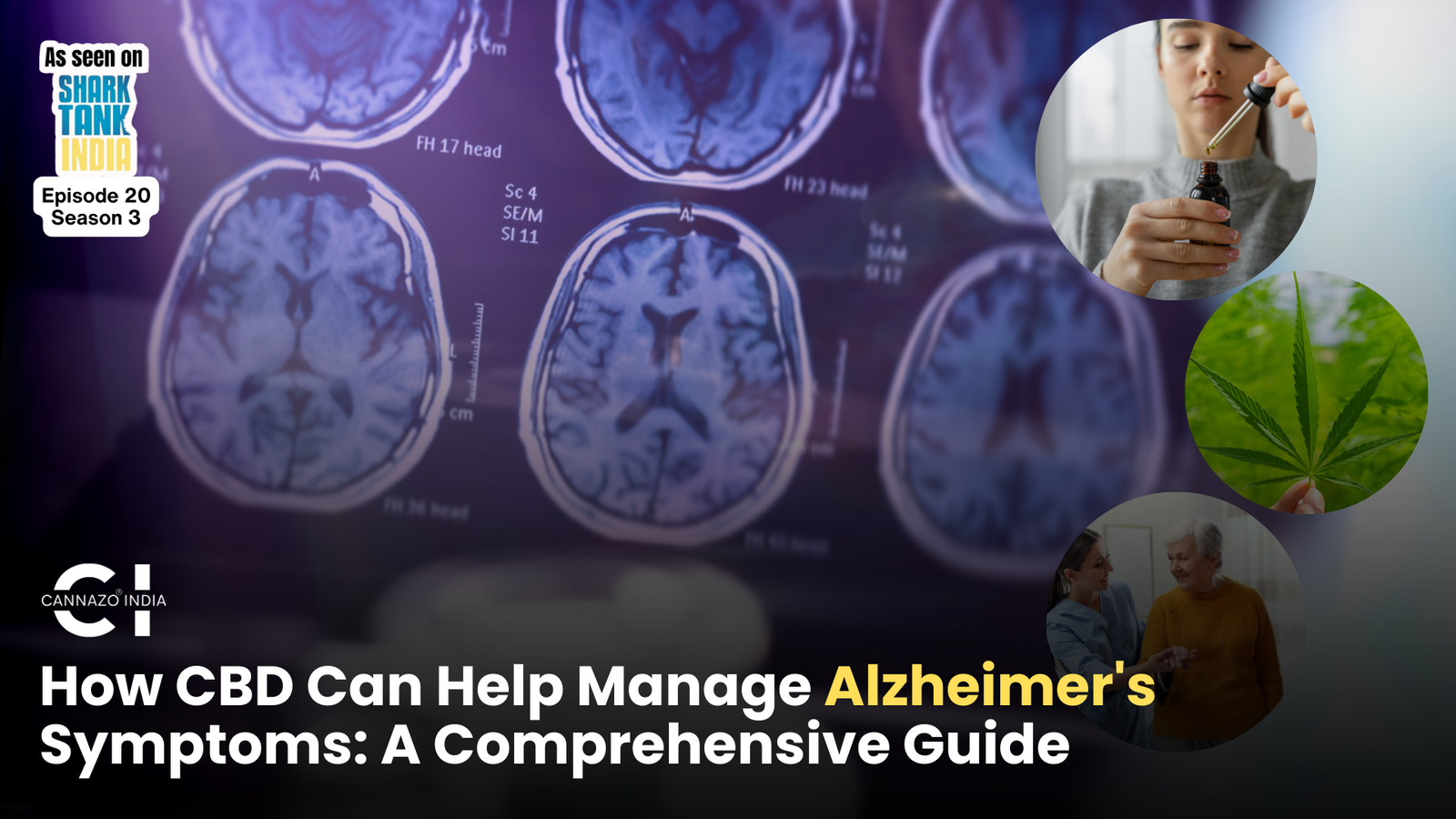Introduction
Schizophrenia is a complex mental health disorder characterized by disturbances in thought processes, perceptions, emotional responsiveness, and social interactions. Traditional treatments primarily involve antipsychotic medications, which can have significant side effects. Recently, there has been growing interest in the use of CBD oil for schizophrenia as a potential adjunctive treatment. This blog will explore the role of CBD oil in managing schizophrenia, its benefits, and how it may fit into future treatment paradigms.
What is Schizophrenia?
Schizophrenia affects approximately 1% of the global population and is marked by various symptoms that can be categorized into positive symptoms (hallucinations, delusions), negative symptoms (apathy, lack of emotion), and cognitive impairments (difficulty concentrating). The exact cause of schizophrenia remains unclear but is believed to involve a combination of genetic, biochemical, environmental, and psychological factors. Current treatment options typically include antipsychotic medications, which aim to alleviate symptoms but often come with side effects such as weight gain, sedation, and movement disorders. The search for alternative or complementary therapies has led to increased interest in cannabinoids, particularly CBD oil for schizophrenia.
CBD Oil: An Overview
Cannabidiol (CBD) is one of the primary cannabinoids found in cannabis plants. Unlike its more famous counterpart THC (tetrahydrocannabinol), CBD does not produce psychoactive effects. Instead, it has been studied for its potential therapeutic properties, including anti-inflammatory, analgesic, anxiolytic, and antipsychotic effects. Research suggests that CBD oil for schizophrenia may help mitigate some symptoms associated with the disorder without the adverse effects commonly associated with traditional antipsychotics. This makes it an appealing option for patients seeking relief from their symptoms.
The Science Behind CBD Oil and Schizophrenia
The scientific understanding of how CBD interacts with the brain is still evolving. CBD appears to interact with various neurotransmitter systems, including serotonin receptors. This interaction may help regulate mood and anxiety levels while also influencing dopamine pathways that are often dysregulated in schizophrenia. Several studies have indicated that CBD oil for schizophrenia may have antipsychotic effects similar to those of traditional medications. For instance:
- A study published in Schizophrenia Bulletin found that patients treated with 800 mg/day of CBD showed significant reductions in both positive and negative symptoms compared to those receiving standard antipsychotic treatment. [1]
- Another review highlighted that CBD could potentially enhance cognitive performance in patients with schizophrenia, addressing a critical area where traditional antipsychotics often fall short.[2]
Benefits of CBD Oil in Schizophrenia Management
Reduction of Positive Symptoms
Positive symptoms such as hallucinations and delusions are hallmark features of schizophrenia. Research indicates that CBD oil for schizophrenia can significantly reduce these symptoms.
- Mechanism: CBD is thought to modulate dopamine transmission in the brain. By influencing dopamine receptors (particularly D2 receptors), CBD may help alleviate hallucinations and delusions.
- Research Evidence: In clinical trials, patients treated with CBD reported a notable decrease in positive psychotic symptoms compared to those on placebo or traditional antipsychotics. [3]
Alleviation of Negative Symptoms
Negative symptoms such as lack of motivation and emotional flatness can severely impact quality of life. Some studies suggest that CBD may help improve these symptoms as well.
- Mechanism: CBD’s interaction with serotonin receptors (5-HT1A) may enhance emotional regulation and social engagement.
- Research Evidence: Patients using CBD reported enhanced emotional responsiveness and motivation during treatment, indicating potential benefits over traditional therapies that often do not address negative symptoms effectively.[4]
Cognitive Enhancement
Cognitive impairments are prevalent among individuals with schizophrenia and can hinder daily functioning. Preliminary evidence suggests that CBD oil for schizophrenia may improve cognitive performance.
- Mechanism: By modulating neurotransmitter systems involved in cognition—such as glutamate—CBD may enhance memory and attention.
- Research Evidence: Studies indicate that patients using CBD show improvements in tasks measuring cognitive flexibility and working memory compared to those receiving standard treatments alone.[1]
Anxiolytic Effects
Anxiety is common among individuals with schizophrenia and can exacerbate other symptoms. CBD has demonstrated anxiolytic properties in various studies.
- Mechanism: CBD interacts with serotonin receptors (5-HT1A), which play a key role in mood regulation. By enhancing serotonin signalling, CBD can promote feelings of calmness without sedation.
- Research Evidence: Clinical studies have shown that patients using CBD report lower levels of anxiety during treatment sessions compared to those on placebo or conventional anxiolytics.[2]
Improved Tolerability
One of the most significant advantages of CBD oil for schizophrenia is its favorable side effect profile compared to conventional antipsychotics.
- Mechanism: Unlike many antipsychotics that can cause sedation or metabolic syndrome (weight gain), CBD has a different safety profile.
- Research Evidence: Patients using CBD generally report fewer side effects such as weight gain or motor disturbances. This improved tolerability could lead to better adherence to treatment regimens.[1]
Potential Neuroprotective Properties
Emerging research suggests that CBD may offer neuroprotective benefits by reducing oxidative stress and inflammation in the brain—factors implicated in the progression of schizophrenia.
- Mechanism: By acting as an antioxidant and anti-inflammatory agent, CBD may help protect neurons from damage.
- Research Evidence: Animal studies indicate that CBD administration can reduce neuroinflammation and promote neuronal survival under stress conditions related to psychiatric disorders.
Mitigation of Cannabis-Induced Psychosis
Interestingly, while THC has been linked to worsening psychotic symptoms in some individuals, CBD appears to counteract these effects.
- Mechanism: CBD’s antagonistic properties at certain cannabinoid receptors may help mitigate THC-induced psychosis.
- Research Evidence: Studies suggest that individuals who use cannabis strains high in THC but balanced with adequate levels of CBD report fewer psychotic symptoms than those using high-THC strains alone.[4]
Support for Substance Use Disorders
Individuals with schizophrenia are at higher risk for developing substance use disorders. Some studies indicate that CBD may help reduce cravings for substances like cannabis or alcohol.
- Mechanism: By modulating reward pathways in the brain, particularly through its action on dopamine receptors, CBD may reduce the reinforcing effects associated with substance use.
- Research Evidence: Clinical trials have shown promising results where patients using CBD reported reduced cravings and improved outcomes during recovery from substance use disorders. [1]
Holistic Approach to Treatment
Incorporating CBD oil for schizophrenia into treatment plans aligns with a more holistic approach to mental health care. It allows patients to explore complementary therapies alongside traditional treatments without completely relying on pharmaceuticals.
- Integration into Care Plans: Patients can work with their healthcare providers to create a comprehensive management plan that includes lifestyle changes (dietary adjustments, exercise) alongside cannabinoid therapy.
- Patient Empowerment: This holistic approach fosters patient engagement and empowerment by allowing them to take an active role in their treatment decisions.
Future Research Potential
The ongoing research into cannabinoids like CBD holds promise for developing new therapeutic strategies for managing schizophrenia effectively.
- Clinical Trials: As more clinical trials are conducted exploring various dosages and formulations of CBD oil specifically tailored for schizophrenia management, we will gain better insights into optimal dosing strategies.
- Broader Applications: Future studies may also investigate the long-term effects of chronic use of CBD oil on symptom management and overall quality of life among individuals living with schizophrenia.
How to Use CBD Oil for Schizophrenia
If considering CBD oil for schizophrenia, it’s essential to consult a healthcare provider familiar with cannabinoid therapies before starting treatment:
- Consultation: Discuss your interest in using CBD oil with your psychiatrist or healthcare provider to ensure it fits within your overall treatment plan.
- Choosing a Product: Look for high-quality CBD products that have undergone third-party testing to verify their potency and purity.
- Dosage: Start with a low dose (e.g., 10-20 mg per day) and gradually increase based on individual response and guidance from your healthcare provider.
- Monitoring Effects: Keep track of any changes in symptoms or side effects while using CBD oil to facilitate discussions during follow-up appointments.
- Integration with Other Treatments: Ensure that any use of CBD oil complements existing treatments rather than replacing them unless directed by your healthcare provider.
Future of CBD Oil in Schizophrenia Treatment
The future looks promising for CBD oil for schizophrenia, given the growing body of evidence supporting its efficacy and safety profile. As more clinical trials are conducted, we will gain better insights into optimal dosing strategies, long-term effects, and potential interactions with other medications. Additionally, increasing acceptance within the medical community could pave the way for integrating cannabinoids into mainstream psychiatric care protocols—offering patients more options tailored to their unique needs.
Conclusion
The potential role of CBD oil for schizophrenia represents an exciting frontier in mental health treatment. With its ability to address multiple facets of this complex disorder—ranging from positive and negative symptoms to cognitive impairments—CBD offers hope for improved quality of life among individuals living with schizophrenia. As research continues to unfold, it is crucial for patients to work closely with healthcare providers when considering cannabinoid therapies as part of their management plan. By doing so, they can ensure safe use while exploring innovative avenues toward achieving better mental health outcomes. In summary, while traditional treatments remain essential components of care, incorporating CBD oil for schizophrenia could enhance overall treatment effectiveness and patient satisfaction—ushering in a new era of comprehensive mental health management.
References
- Garrison J B Dyck, Zaid H Maayah, Dean T Eurich, Jason R B Dyck, Understanding the Potential Benefits of Cannabidiol for Patients With Schizophrenia: A Narrative Review, Schizophrenia Bulletin Open, Volume 3, Issue 1, January 2022, sgab053, https://doi.org/10.1093/schizbullopen/sgab053
- Does CBD oil help schizophrenia? – 2023 – Villines https://www.medicalnewstoday.com/articles/does-cbd-oil-help-schizophrenia
- Davies, C., & Bhattacharyya, S. (2019). Cannabidiol as a potential treatment for psychosis. Therapeutic advances in psychopharmacology, 9, 2045125319881916. https://doi.org/10.1177/2045125319881916
- Does CBD oil help with schizophrenia? – 2021 – Rath https://www.webmd.com/schizophrenia/features/cbd-oil-schizophreniaas














